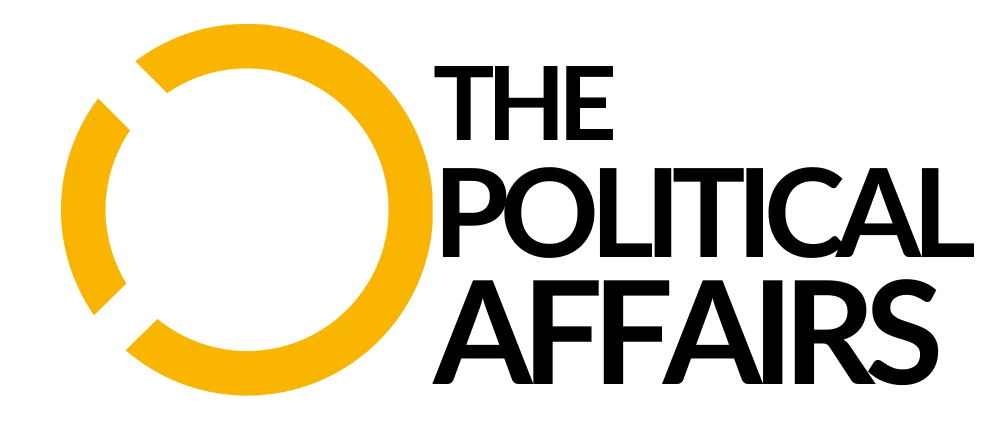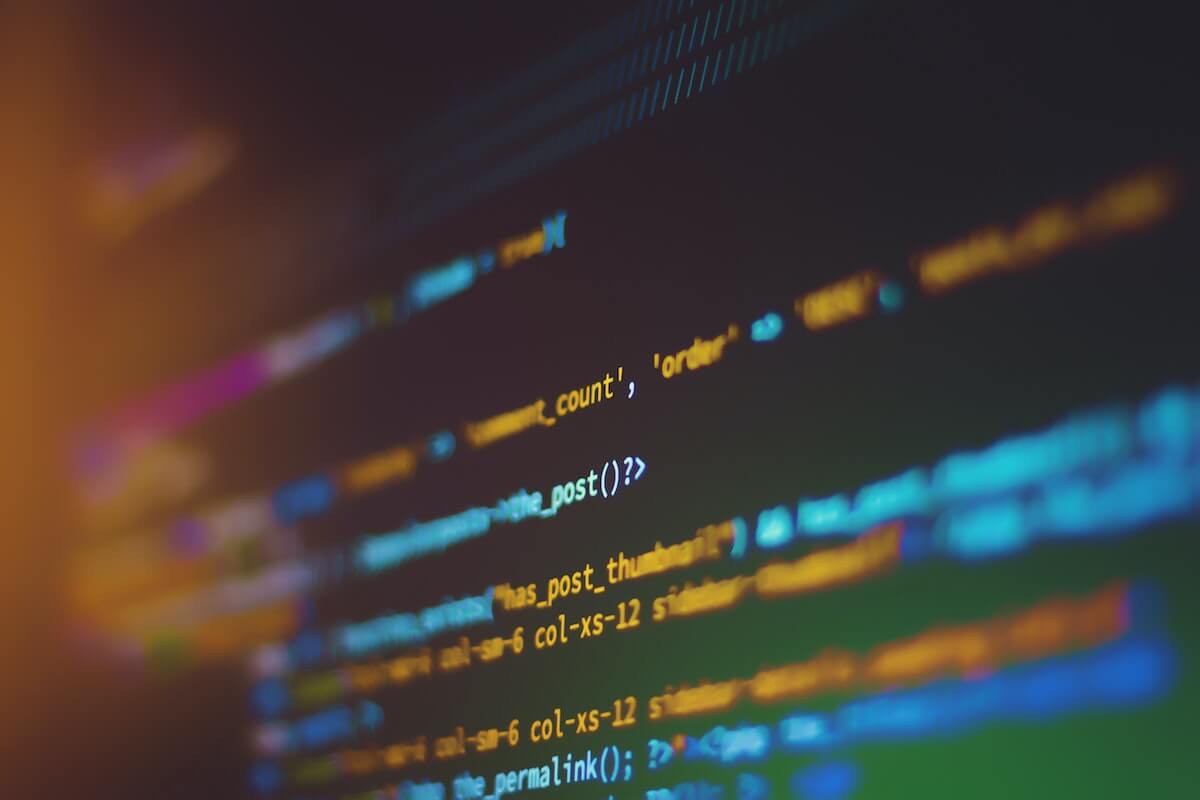This article was originally published in the “Foreign Affairs” by Francis Fukuyama, Barak Richman, and Ashish Goel. Read the Full Article on Foreign Affairs.
Since 2016, Americans have woken up to the power of technology companies to shape information. These platforms have allowed hoaxers to peddle fake news and extremists to push conspiracy theories. They have created “filter bubbles,” an environment in which, because of how their algorithms work, users are exposed only to information that confirms their preexisting beliefs. And they can amplify or bury particular voices, thus having a disturbing influence on democratic political debate. The ultimate fear is that the platforms have amassed so much power that they could sway an election, either deliberately or unwittingly.
Critics have responded to these concerns by demanding that the platforms assume greater responsibility for the content they broadcast. They called for Twitter to suppress or fact-check President Donald Trump’s misleading tweets. They lambasted Facebook for stating that it would not moderate political content. Many would like to see Internet platforms behave like media companies, curating their political content and holding public officials accountable.
But pressuring large platforms to perform that function—and hoping they will do it with the public interest in mind—is not a long-term solution. This approach sidesteps the problem of their underlying power, and any real solution must limit that power.

